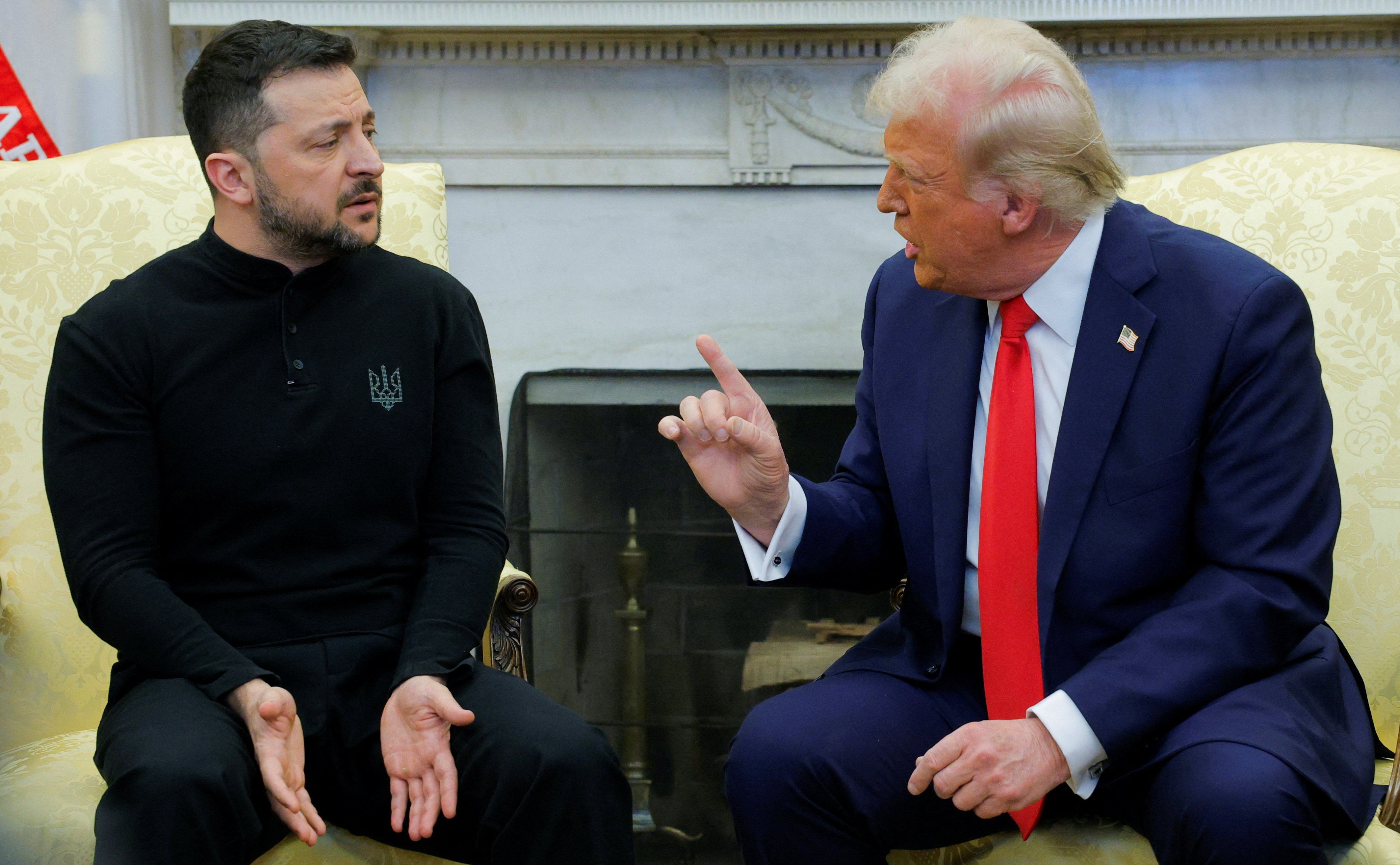Donald Trump turned off the faucet for billions of dollars in military assistance allocated to Ukraine under the Biden administration on Monday. The US president said the aid would remain stalled until he decides that Volodymyr Zelensky has shown a sincere commitment to peace with Russia. The decision comes after the two leaders’ tempers rose during an Oval Office meeting on Friday, and aims to significantly increase the pressure on Ukraine to come to the negotiating table.
The order takes effect immediately, impacting over $1 billion in arms and ammunition in production or on order, while also freezing hundreds of millions in Ukraine Security Assistance Initiative funds, which Kyiv can only use to purchase new military equipment from US defense firms.
Can Trump snap his fingers and stop funding? In short, yes. Although Congress has appropriated $86 billion for Ukraine military aid, much of it has not been delivered yet, and Trump can order their shipments to be stalled or canceled. Stopping shipments of new weapons from defense contractors would be harder, but the Trump administration could divert them to US forces under the Defense Production Act or other emergency powers.
What does this mean for Ukraine’s military? While the US is by far the major single-country supplier of military aid, the EU has been keeping pace as a collective, supplying roughly $1.8 billion of weapons per month. They filled the gap at the beginning of 2024 when Congress was debating the next Ukraine aid package, and per their summit meeting on Sunday, they are ready to lead a “coalition of the willing” to take the lead on Ukraine’s security and forge an end to the war. Check out Ian Bremmer’s latest Quick Take to learn what a European-led ceasefire could look like.
But Trump’s decision comes as he increasingly appears set on making a deal with Russia – regardless of whether the EU and Ukraine agree to it.
“FromTrump’s perspective, the more important deal is the Russia deal. I think the question is what role, if any, Ukraine peace is going to have in the US-Russia agreement,” says Bremmer.
Putin, however, is less interested in a ceasefire, according to Bremmer, than in giving the Americans a deal that lets them feel they have “washed their hands of [the war]” while achieving “some significant business deals” in Putin’s interest, like the removal of Western sanctions.
The two countries are reportedly discussing a deal for American investors to restore Nord Stream 2, the natural gas pipeline that runs from Russia to Germany, in exchange for a stake in the company. The pipeline was central to Europe’s energy reliance on Moscow before it was destroyed in 2022, and it could be another motivator to push Trump to make a Ukraine deal on Russia’s terms by enabling the US to profit from the flow of gas if Western sanctions are lifted.
“There are clearly some economic sweeteners at play here between the broader Putin and Trump circles,” Bremmer said. “The cash register’s open in this environment.”
